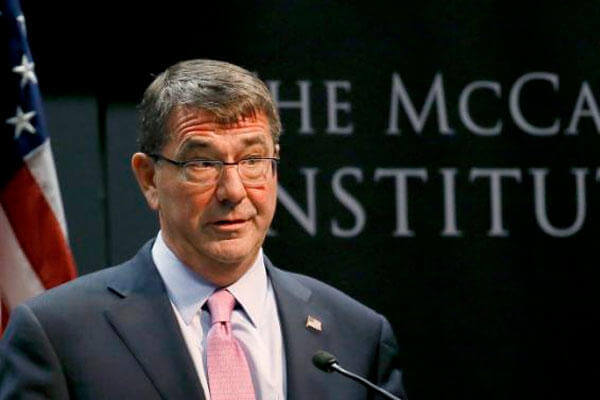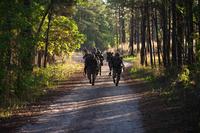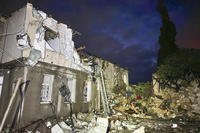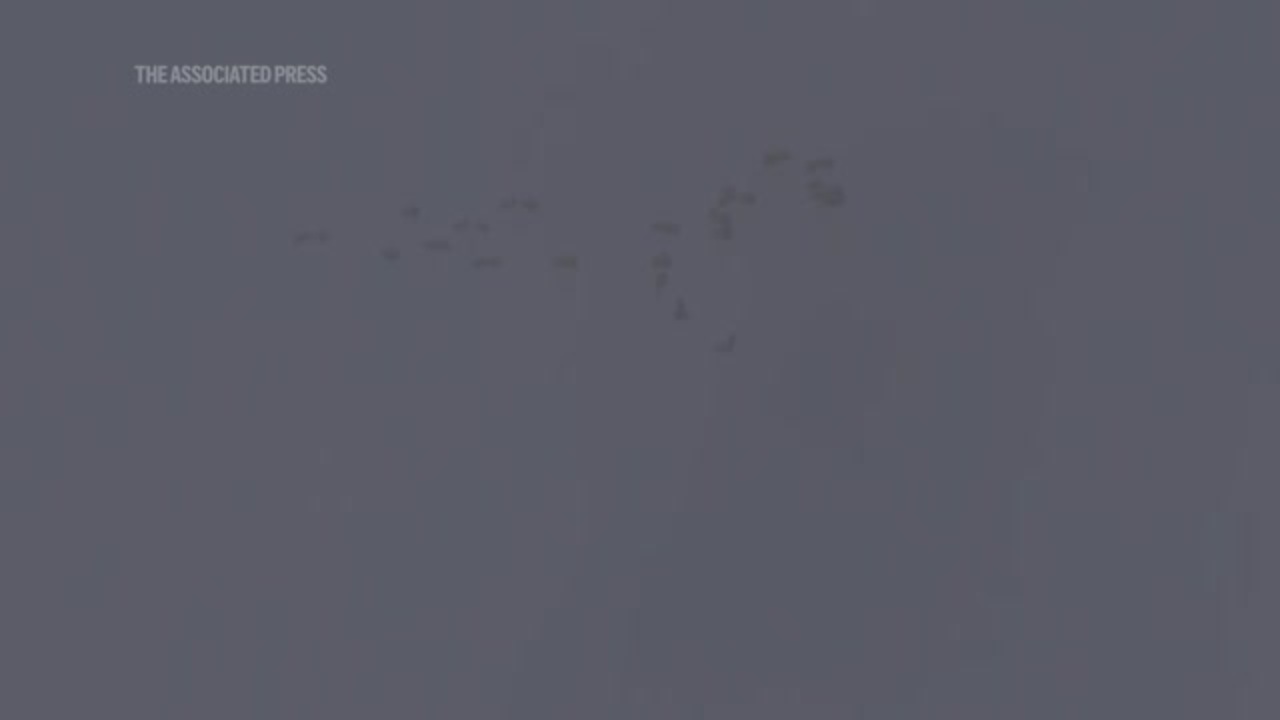Defense Secretary Ashton Carter began a "full court press" Monday to underline the U.S. commitment to a rebalance of forces to the Pacific despite chaos in the Mideast and Eastern Europe on edge over Russian aggression.
"No region will matter more for American security and American prosperity," Carter said in pledging to shift new weapons systems to the Asia-Pacific while strengthening defense alliances. "I am personally committed to overseeing the next phase of the rebalance."
Carter spoke at Arizona State University on his way to Japan and South Korea for visits this week that will be the first of a string of planned trips to the region in his first year as Defense Secretary. At Arizona State, Carter spoke of visiting India next month and the U.S. interest in selling India aircraft carrier technology.
On his way back to the U.S., Carter will stop in Hawaii to visit with the U.S. Pacific Command, but Pentagon officials cautioned against expecting an announcement on the status of Adm. Samuel Locklear, the PaCom commander.
Locklear's retirement has been on hold for more than three months. His successor, current Pacific fleet commander Adm. Harry Harris, was confirmed by the Senate in early December but Locklear has remained on duty.
The speculation at the Pentagon was that Carter had Locklear under consideration along with several others as a possible successor to Chairman of the Joint Chiefs Gen. Martin Dempsey, who will retire later this year.
As Pacific fleet commander, Harris last week warned of China's drive to build a "Great Wall of Sand" in the South China Sea by constructing artificial islands to enhance Beijing's territorial claims.
At Arizona State, Carter said he was "deeply concerned" by China's aggressive moves that ignored territorial claims by Vietnam, the Philippines and others in the South China Sea.
"The U.S. and China are not allies but we don't have to be adversaries," Carter said while promoting the shift of new weapons systems to the region.
Carter said that the Asia-Pacific would get priority on the placement of F-22 Raptor fighters and F-35 Joint Strike fighters. Carter also talked up rail gun technology, a new long-range cruise missile and eventually the new long-range bomber for the Air Force as especially suited to the Asia-Pacific.
-- Richard Sisk can be reached at richard.sisk@military.com





























